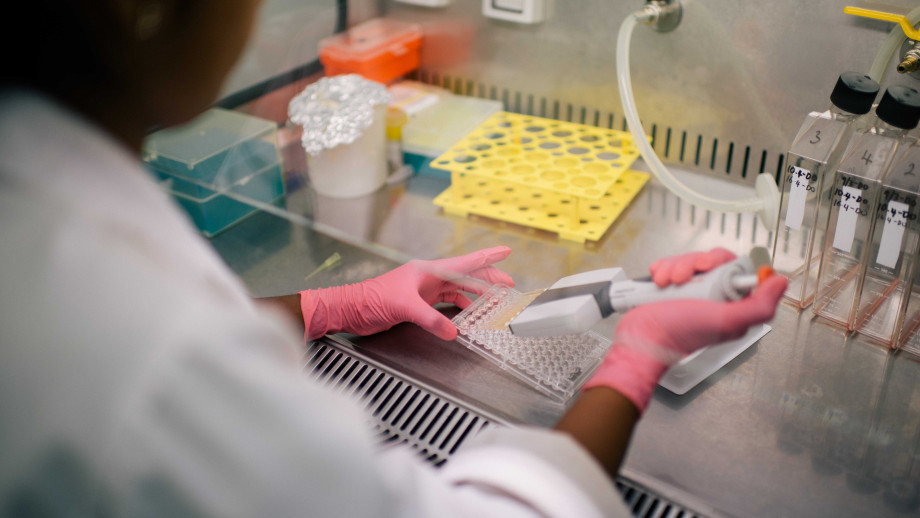New study reveals secrets of evolution at molecular level
A study led by The Australian National University (ANU) has retraced the evolutionary history of a modern enzyme with a technique called ancestral protein reconstruction – a discovery that will help new enzymes to be engineered for use in medicine and industry.
Lead author Dr Ben Clifton from ANU said while experimental evolutionary biochemistry had provided great insight into the evolution of new enzymes, many questions remained unanswered.
“This technique allows us to resurrect, in a sense, proteins that have been extinct for millions of years, so they can be studied in the lab,” said Dr Clifton from the ANU Research School of Chemistry.
The new work on the enzyme called cyclohexadienyl dehydratase, published in Nature Chemical Biology, reveals the molecular evolutionary processes that underlie the emergence of new enzymes.
“Enzymes are proteins that are essential for life because of their ability to speed up specific chemical reactions,” Dr Clifton said.
“Understanding the evolutionary processes that create new enzymes is important because we can then mimic those processes to design or engineer enzymes for our own purposes in the biotechnology or pharmaceutical industries.”
Senior researcher Associate Professor Colin Jackson from ANU said a major challenge in using enzymes in biotechnology or medicine was engineering them to do specific tasks, rather than what they have naturally evolved to do.
"The big problem we face when engineering enzymes is first understanding of how they work, and how they can gain new functions," said Dr Jackson, who is an ARC Future Fellow at the ANU Research School of Chemistry.
“Previous studies on enzyme evolution have shown how it is possible for new enzymes to evolve from existing enzymes – but we still knew very little about how enzymes evolved in the first place,” he said.
Dr Clifton said the research team was able to show how individual mutations in an inactive protein introduced and gradually refined the ability of the protein to speed up a particular chemical reaction.
“Our work gives the most detailed example, to date, of a natural evolutionary process that can create an enzyme from scratch,” he said.
The research involved ANU, the Australian Synchrotron, the University of Otago and the Victoria University of Wellington in New Zealand, and the University of British Columbia in Canada

